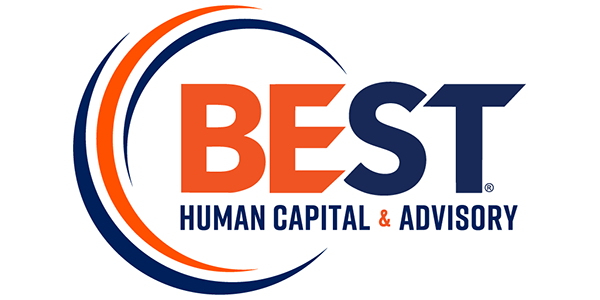
6+ Reasons to Join Us at Cultivate’24 and Grow Your Business
We look forward to seeing you July 13-16th at Cultivate’24 in Columbus, Ohio— the Green Industry event offering countless opportunities to grow your business and enhance your career. We will be there with SIX in-person educational sessions on extremely timely industry topics such as talent acquisition, management, succession, exit planning, and more that you will […]












